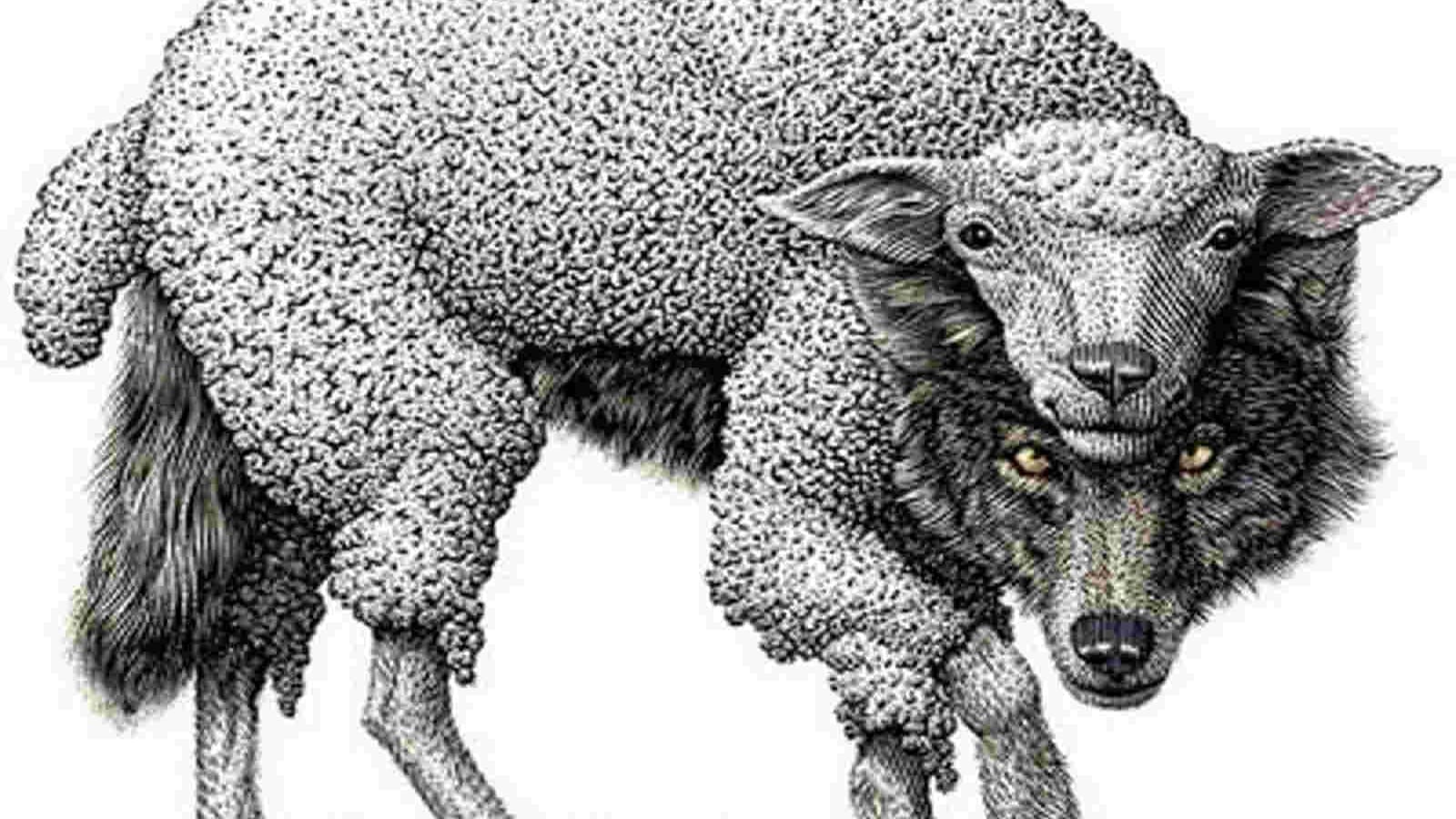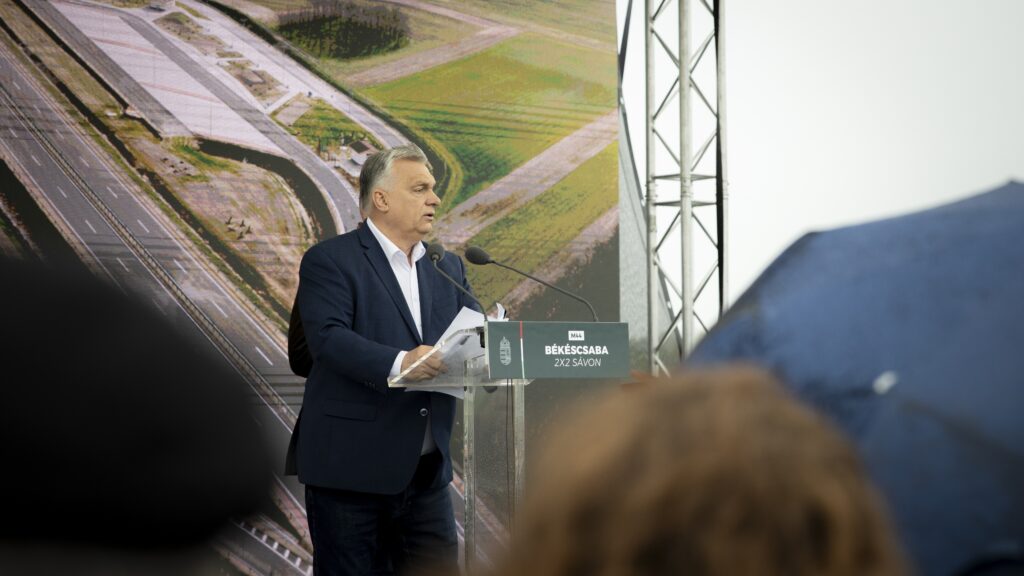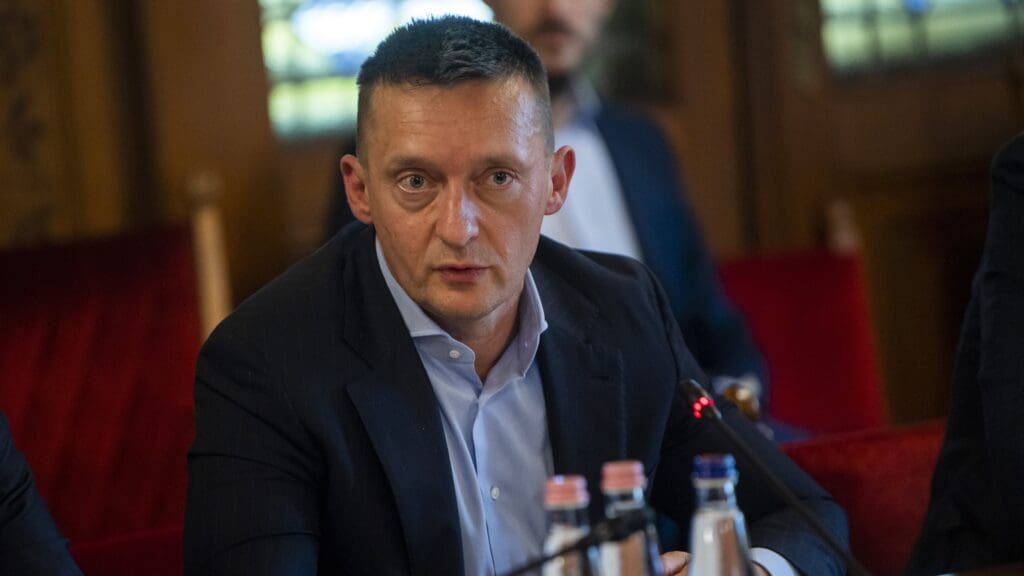Democracy, despite common parlance, is not a modern construction. There has always been democracy in Europe; in fact, despotic regimes were very rare. The idea that ‘democracy’ is a modern phenotype has grown with the general rationalist, scientist outlook connected to ‘progress’. There was Ancient Greek direct participation in the ‘polis’. Iceland’s ‘Allthing’ was a federal assembly around 1000AD. The Holy Roman Empire had ‘Grand Electors’. Hereditary monarchs began to replace elective monarchs in most of Europe around the twelfth century. The French Revolution ushered in the decline of democratic participation, as before monarchs had consulted with ‘parlements’. Moreover, Natural Law and Customary Law influenced democratic participation through the influence on Common law and juridical practices.
Yet Democracy is in rapid decline.
Little Red Riding Hood, Ursula Von Der Leyen, is on a mission to hunt it down and kill it.
In September 2022, in Lower Saxony, Germany a little Pony, called Dolly, was killed by a wolf, known now as GW950m. Unfortunately for the Wolf population of Europe, who have survived despite their near extinction in the twentieth century, little Dolly was owned by the President of the EU Commission, Ursula Von Der Leyen, whose tumbling ranch sits near the village of Beinhorn, Saxony. Then began a hunt for the killer, with no expense spared, and the gathering of forensic evidence, DNA samples taken on other ‘victims’. You would think a Jeffrey Dahmer was on the loose. GW950m has been labelled by the EU Commission as a ‘problem wolf’. His problematic status has not been communicated to him or his pack, having not received the ‘directive’. Due to incessant pressure from Von Der Leyen, a hunting permit to kill the naughty wolf was issued. Then in December, the previously protected status of wolves received a shock. The Commission declared, that their status from ‘strictly protected’ will be reduced to ‘protected’. It is now envisaged that a Europe wide culling of Wolves will occur. In many ways it is an allegory of Democracy; at first nourished and encouraged, like the Wolves, and then prone to the elite manipulation of power. Only 50 per cent of Europe’s citizens vote in EU elections. Yet one woman with petty revenge on her mind is allowed to usurp democracy and pressurise elected representatives to change laws. It illustrates the elite and technocratic takeover of Democracy.
Fast forward to this week in Brussels. The evening before the National Conservatism Conference 2024 the organizers had received an email, that, due to pressure from the Mayor of Brussels, the venue had cancelled their booking. A second hotel was found only for that to be cancelled as well. The three mayors of the various precincts were determined to stop the conference of the ‘far right’. The ‘far right’ consisted of a European Prime Minister (Viktor Orbán of Hungary), elected MEPS, Nigel Farage, Suella Braverman, a former minister in the British government. Philippe Close, the Brussels Mayor claimed that the event risked attracting hordes of extremists. Antifa didn’t bother to turn up, neither did the Ku Klux Klan. The only people wearing white pointy hats were the great people at the aptly named ‘Patisserie Richelieu’ on the ‘Avenue de Jacobins’, at a side street near the new venue. Eventually the Claridge Hotel hosted the event, the owner being of the opinion that free speech was a priority. However, through discussions with other journalists around the event, it transpired that the cancelling frenzy had been formulated by none other than that Wolf in Sheep’s clothing—Ursula Von Der Leyen.
Von Der Leyen has a history of cancel culture. When Italian citizens of Italy voted in the populist/far right/hard right leader Meloni, Von Der Leyen declared that they would exact revenge through cancelling Italy’s 7.5 billion budget from the EU.
‘If things go in a difficult direction, I’ve spoken about Hungary and Poland, we have tools,’ said Von Der Leyen. Matteo Salvini, a part of Meloni’s Conservative Alliance, remarked that it showed ‘shameful arrogance’.
Not only is Von Der Leyen anaemic to democracy, her previous career is tantamount to one of the reasons for Europe’s short sighted defence policy.
It was her position as Head of the German Defence Ministry that attracted critics, with widespread claims of corruption and the collapse of the Bundeswehr as an effective force. This is what POLITICO reported at the time:
‘In addition to problems surrounding the German military’s readiness, Von der Leyen’s ministry also faces an investigation into suspected wrongdoing surrounding its use of outside consultants, including Accenture and McKinsey. The Bundestag, the German parliament, is currently holding hearings into the affair, including accusations that Von der Leyen’s office circumvented public procurement rules in granting contracts worth millions of euros to the firms. Those hearings have taken a dramatic turn in recent days as testimony from key witnesses appeared to confirm suspicions of systematic corruption at the ministry.’
In 2015, even before the procurement scandal began, plagiarism in her medical degree came to light. Although she managed to avoid it being rescinded, doubts about her had surfaced. In many ways, her move to head of the EU Commission in Brussels was to take the heat off her in Berlin, Germany being the ‘de facto’ leader of the EU. The upshot of this is twofold. One is that it asks serious questions as to why Von der Leyden could head such a huge organization as the EU. Secondly, recent events within Europe’s political class indicates their antipathy to any real democratic participation. The nomenklatura of Europe resembles the court of the Medicis; dispensing grants, funds and positions to friends and contacts. Whilst the Russian wolf is at the fence of Europe—the political class offers the society of the spectacle: environmental policies, elections without voters and an endless round of photo ops for the media.
Little wonder then that Viktor Orbán on Wednesday at the NatCon called for improved EU leadership. In June there will be EU elections and the likelihood is a vote for populist democracy. Around Europe there are increasing calls for public participation through systems of federalism. The days of the EU oligarchy could be numbered. On most crucial issues, such as the war in Ukraine, defence, immigration and agriculture the EU fails to sense the sound of the suburbs, ensconced as it is in big city cosmopolitanism. Orbán remarked:
‘What the Europeans are doing is bad, it’s not targeting on cease-fire and we don’t confront seriously with all the consequences of supporting a country who is in a war which cannot be [won].’
Elite structures tend to consolidate a prevailing view whether that be the dictatorship of the proletariat or the dictatorship of the ‘trahison des clercs’ of Brussels. There seems to be no leadership in Europe; a reflection of the growing bureau government of Brussels. Europe, the crucible of nation states since the Treaty of Westphalia (1648), is in crisis. It is the days of Weimar all over again. A resurgent right, a distrust of the organs of democracy. When representative democracy is exposed as leaderless and corruption, there is an inevitable pushback.
In the Middle Ages the commonly held belief was that the people were in fact the crucible of power even though hierarchical structures, a kind of ‘aristo-democracy’ prevailed: ‘Populus et proceres’ (people and nobles). It was the Treaty of Westphalia (1648), as the Holy Roman Empire dissolved, to configure the modern idea of the ‘nation state’. This was a kind of watershed for Kingship, although it soldiered on to the Modern age of the nation state, losing its de facto and de jure powers to representative assemblies.
There has always been censorship, irrespective of government type. What is now the case is that the working class and agricultural segments are being hoodwinked by a very corrupt elite.
Censorship began in earnest once Socrates had been given hemlock. His prodigy, Plato, attempted to curb the tyrannical King Dionysus 1 of Syracuse. Plutarch told the story of how the young poet, Philoxenus had joked about the poetry of Dionysus. He was sent to the stone quarry for hard labour. The tyrant reprieved him and ordered a second reading amongst his courtesans and Philoxenus. At the end of his recital, he turned, Stalin like, to the young Philoxenus and asked of his opinion:
‘Take me back to the quarries,’ remarked the young upstart.
Alas, such stalwarts for freedom of speech are hard to find these days. Christianity became a continuum for censorship with tongues removed and beheadings for blasphemy. However, as Del Noce notes, liberalism as the successor to Christianity inherited its confusion of morality, believing, likewise, in its infallibility.
At the heart of the EU is a wolf in sheep’s clothing. That wolf is Ursula Von Der Leyen, for she represents the elite’s attack on democracy. Instead of diplomacy, of addressing the real concerns about Ukraine, the EU promotes a wide ranging Keynesian policy of arming disparate world regimes, from Africa to the Middle East. There is no policy leadership, but more importantly—no political theology. There is no underlying ‘telos’ to the EU. It is a myriad of confused ideologies, contradictory policies and the home of censorship.
The ‘problem’ wolf GW950m is still at large despite the witch hunt . It may be only a pyrrhic victory, but good luck to it.








